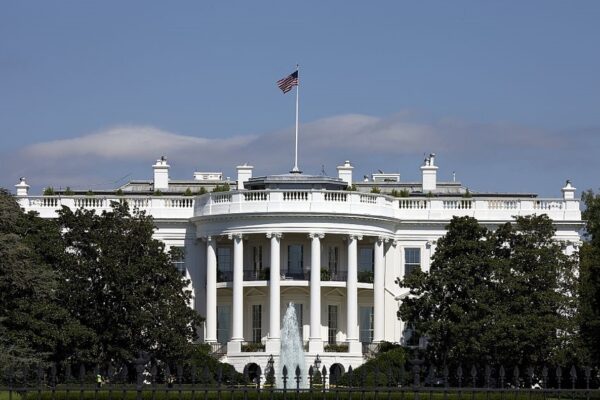AUSTIN, Texas — Despite the amount and prevalence of polling information available to the public, Americans cannot agree on who is most likely to win this year’s presidential election or how the economy will fare given their expected winner.
A recent survey by a team of economists from the National Bureau for Economic Research found that 87% of Democrats expect Joe Biden to win, and 84% of Republicans expect four more years from Donald Trump. And if their expected candidate wins, respondents on both sides of the aisle expect the economy to fare rather well. But if not, it could be dire.
“Importantly, this stark disagreement does not reflect two sets of partisan voters each foreseeing a close election that just barely breaks their way,” said lead author Olivier Coibion, professor of economics at The University of Texas at Austin. “Among Republicans, the average probability they assign to Trump winning is 76%. Among Democrats, the average probability assigned to Biden winning is 74%.”
Both Democratic and Republican respondents ranked their current financial concerns surrounding the pandemic’s economic crises as a 6 out of 10, with both sets indicating similar concerns about next year’s inflation, unemployment and mortgage rates.
“These apparent similarities mask fundamental and striking differences in individuals’ underlying views about the future of the economy,” Coibion said. When asked about their economic forecasts conditional on either Biden or Trump winning, Republicans’ and Democrats’ views vary widely.
If Trump wins, Republicans expect 3 percentage-points lower inflation, 2.2 percentage-points higher income growth, 3 percentage-points lower unemployment, and 1.4 percentage-points lower mortgage rates compared with what they think would happen if Biden wins. And if Biden is elected, Democrats expect 2.5 percentage-points lower inflation, 1 percentage-point higher income growth, 3 percentage-points lower unemployment, and 1.3 percentage-points lower mortgage rates compared with what they think would happen if Trump is reelected.
“When the election is ultimately decided, one group of voters will become much more pessimistic than they have been so far,” Coibion said. “They may also be more likely to question the legitimacy of the election’s outcome if they did not foresee it as remotely possible.”
The survey also found that those who indicated following the election “very closely” held the most extreme views, raising questions about where they were getting their information. In a randomized controlled trial within the survey, respondents were presented with polling data from either Fox News, ABC or MSNBC. The researchers found the new information had little effect on partisan views, but independents and undecided voters were more easily swayed by the new information and adjusted their economic outlooks accordingly.
However, when presented with polling data that described the span of possible outcomes within the polling margin of error (for example, a margin of error of 3.5 percentage points means a 12-point race could be as sweeping as a 19-point race or as close as a 5-point race), respondents shrunk their extreme expectations closer to a 50-50 outcome. Thus, their economic expectations also shifted.
“We show that as individuals change their beliefs about the election outcome, they revise their broader economic outlook in a consistent manner, which can change their views about whether now is a good time to buy durables,” Coibion said. “Taken together, these results suggest that the upcoming elections might trigger a decline in aggregate consumption after the presidential election, as members of the losing party adopt a much more pessimistic outlook while those of the winning party maintain their previous optimism.”
These findings are detailed in a working paper, published by the Becker Friedman Institute, based on an online survey of 5,000 U.S. households conducted Oct. 19-21.




